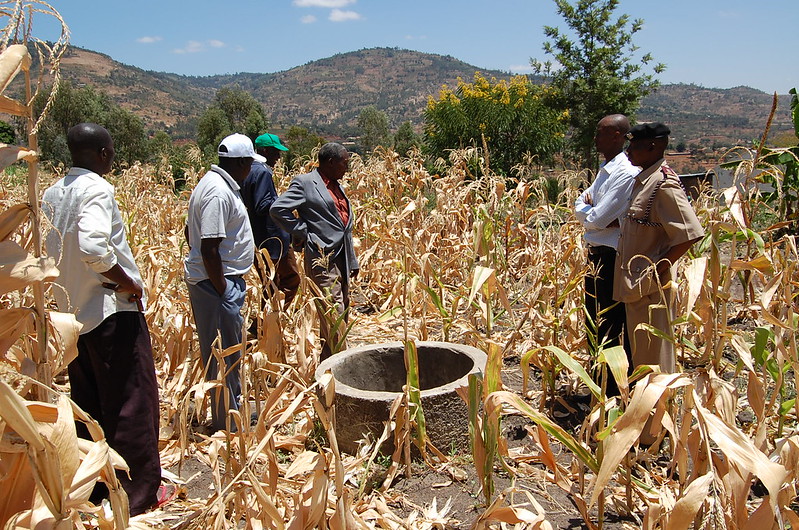3 NGOs Fighting the Water Crisis in Eswatini
 Eswatini, a small country in southern Africa formerly known as Swaziland, grapples with two major challenges: a water crisis and a high HIV/AIDS prevalence. In 2023, 40% of rural communities in Eswatini lacked access to clean water and 25% of the existing sanitation infrastructure, including toilets and water taps, was nonfunctional. Reliefweb reports that Eswatini has endured a prolonged drought that has severely impacted agriculture and compounded ongoing socio-economic difficulties. As of Nov. 2023, ACAPS classified food insecurity in Eswatini as high, highlighting the urgent need for comprehensive solutions to these pressing issues.
Eswatini, a small country in southern Africa formerly known as Swaziland, grapples with two major challenges: a water crisis and a high HIV/AIDS prevalence. In 2023, 40% of rural communities in Eswatini lacked access to clean water and 25% of the existing sanitation infrastructure, including toilets and water taps, was nonfunctional. Reliefweb reports that Eswatini has endured a prolonged drought that has severely impacted agriculture and compounded ongoing socio-economic difficulties. As of Nov. 2023, ACAPS classified food insecurity in Eswatini as high, highlighting the urgent need for comprehensive solutions to these pressing issues.
3 NGOs Fighting Eswatini’s Water Crisis
- WaterAid. WaterAid is a nonprofit organization with more than 40 years of experience in water sanitation and hygiene projects. The organization launched initiatives in 2022 to construct or improve wells and hand pumps across multiple communities in Eswatini. These ongoing efforts aimed to benefit 5,500 residents by enhancing access to clean, sustainable water. Additionally, they aimed to foster a sense of community responsibility for their upkeep. The WaterAid team in Eswatini has developed programs that empower locals to manage and maintain their water sources, focusing on sustainability and long-term care.
- Thirst Project. Thirst Project is actively addressing Eswatini’s water crisis by constructing freshwater wells in underdeveloped communities. The nonprofit collaborates with locals to identify existing water sources, install pumps and manage borehole drilling. Using existing water sources reduces environmental impact and lowers costs. In areas without accessible water, the team drills narrow, deep holes to reach underground water, installing pumps to bring it to the surface. After establishing water access, Thirst Project hands over project management to the community, with staff continuing to perform regular checks and provide maintenance support as necessary.
- Sanitation and Water for All (SWA). SWA, a collaborative effort among countries, donors and organizations, is dedicated to providing clean water and sanitation. It employs a well-defined strategy to ensure accountability, coordinated efforts and efficient use of funds. Since partnering with SWA in 2017, Eswatini has set ambitious targets. The targets include increasing sanitation coverage from 53% to 85% of the population, reducing open defecation from 11% to 5%, developing a Portable Water Supply and Sanitation plan by 2020 and boosting access to potable water by 2% annually. SWA is monitoring the progress made toward these objectives, marking significant strides in addressing Eswatini’s water crisis.
Looking Ahead
Efforts to tackle the water crisis in Eswatini show promise through the collaborative work of NGOs like WaterAid, Thirst Project and SWA. These organizations focus on improving water access and sanitation infrastructure, essential for the well-being of rural communities. With ongoing support and strategic initiatives, Eswatini aims to significantly enhance clean water availability. Initiatives will also improve sanitation coverage, whilst addressing critical public health challenges.
– Sophia Manole
Sophia is based in Bellevue, WA, USA and focuses on Good News for The Borgen Project.
Photo: Flickr
